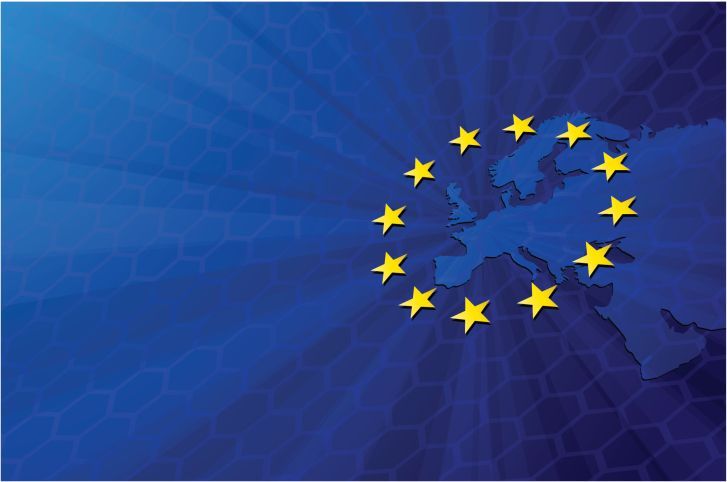Effective from January 2023, the European Union‘s new Common Agricultural Policy (CAP) brings together agricultural and rural development policies, paying more attention to measures that address climate and environmental concerns, and adopts a more results-based approach.
Specific measures, based on identified needs and intervention strategies, will be detailed in the CAP Strategic Plans at Member State level.
In accordance with the World Trade Organization (WTO), the overall funding foreseen under the CAP has hardly changed, and the European Agricultural Guarantee Fund and the European Agricultural Fund for Rural Development continue to finance its implementation.
The European Union did not grant export subsidies for at least the last three years, and the provision for export refunds in exceptional circumstances was legally eliminated.
There were no substantial changes in market access for agricultural products.
Common Agricultural Policy
As a political, economic and monetary union of 27 countries, the European Union established a single market that allows most goods, services, capital and people to move freely within its territory.
Regulatory harmonization, the elimination of internal customs barriers, a common agricultural policy, the currency – the euro – and multilateral trade liberalization as a group are just some of the common policies.
At the European Union level, most of the subsidies are granted to agriculture and regional development, and are financed mainly through shared management funds whose composition was modified for the budget period 2021-2027.
At the Member State level, State aid (not related to Covid-19) continued to be earmarked to promote environmental protection and energy savings.
In response to the Covid-19 pandemic, temporary programs were set up to direct additional funds to the private sector, and to simplify the rules and make access to funds more flexible, as well as the granting of state aid.
Member States also increased state aid granted in response to the pandemic, which in 2020 amounted to €320 billion, up from €135 billion in 2019.

For the period 2021-2027, additional funding will also be provided through the recently established NextGenerationEU recovery program, to which the European Union allocated €806.9 billion.
In addition, the European Union is reviewing various state aid guidelines and regulations, including the General Block Exemption Regulation and the de minimis Regulation.
A revised framework concerning state aid for research, development and innovation activities was published in 2022, and a temporary crisis framework was adopted in response to the war in Ukraine.

